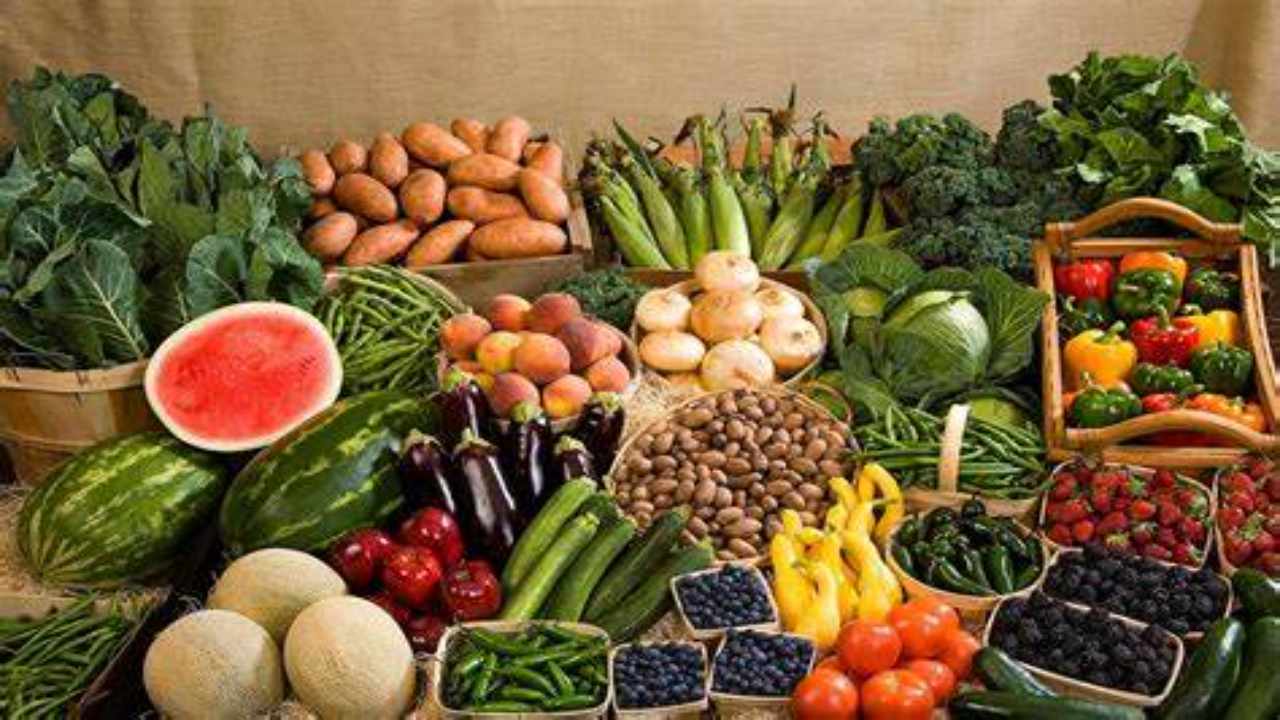Sanjima Khatun, a 28-year-old homemaker in West Bengal’s Murshidabad district, is cultivating traditional vegetables in her kitchen garden to check anaemia besides selling the extra produce in local markets to earn some money.
The West Bengal government’s agriculture department has been promoting the cultivation of vegetables by providing self-help groups with seeds and guidance to boost the consumption of leafy vegetables by women, many of whom are malnourished and anaemic.
Leaders of self-help groups distribute the seeds to members like Khatun and they produce vegetables using organic manures as vitamins and other micronutrients needed to check anaemia can be sourced from seasonal vegetables and fruits grown in kitchen gardens.
”Vegetables like okra, red spinach, bitter gourd, sweet gourd, and bottle gourd are grown in my small patch of land. These vegetables are healthier than the ones available in the market as only compost and organic manures are used as fertiliser,” said Khatun, a resident of Swaruppur village in Hariharpara block of Murshidabad district.
Most of these self-help group members in the Hariharpara block got training from senior members of their SHG clusters and agriculture officials around a year ago. In addition to growing fresh vegetables for their families, they sell the extra produce in local markets, Assistant Director of Agriculture, Moumita Mazumdar, told PTI.
As per the data available from National Family Health Survey-5 (NFHS-5) conducted in 2020, improving the health of adolescent girls is necessary as nearly 71 per cent of them are anaemic in West Bengal, compared to the national figure of 59.1 per cent. In NFHS-4 conducted five years ago, the figure was 62 per cent.
In Murshidabad district, 73 per cent (NFHS-5) of such women are anaemic, whereas the figure was 53 per cent previously in NFHS-4.
”Community nutrition gardens can play an important role in enhancing dietary diversity across age groups. In many parts of India, kitchen gardens have been promoted as one of the approaches to combat hidden hunger. “Seasonal fruits and vegetables are good sources of micronutrients and bring positive nutrition behaviour change in terms of feeding choice and practices,” said Jayati Mitra, Nutrition officer of UNICEF in West Bengal, which gives technical support and other assistance to the government for this project.
Apart from providing free seeds under the aegis of various schemes of the state and the Centre, the agriculture officials train the villagers on taking care of the vegetable plants and making bio-pesticides and organic manures, said Mazumdar.
”Apart from seasonal vegetables, seeds and saplings of other big plants like drumstick and papaya are also provided to them for year-long supply of vegetables to their kitchens,” the assistant director of agriculture said.
Praising this initiative of the state government, Mitra of UNICEF said that anaemia is complex and in addition to iron, other micronutrients like folic acid, Vitamin A, B-12 and C are essential for combating anaemia.
”Most of the micronutrients can be sourced from seasonal vegetables and fruits of the kitchen gardens. Vitamin C helps in the absorption of iron in the body. So, the plantation needs to be planned in such a way that along with green leafy vegetables, some plants of lemon (for Vitamin C), guava (Vitamin C), drumsticks (Iron, Vitamin A), papaya (Vitamin A) are also there,” she said.
The village women also urge their neighbours to grow vegetables.
”If our neighbours leave their plots of land fallow, we support them with seed and organic fertiliser to raise a kitchen garden. In our village, you will get seasonal vegetables round the year. It saves us money and the vegetables are healthier than the ones available in the market,” Jakiran, an SHG group leader of Swaruppur, said.
Gram panchayats are also spending money to develop kitchen gardens.
Saharan Bibi, Pradhan of Raipur Gram Panchayat in Nawada block of Murshidabad, said: ”Five kitchen gardens beside the ICDS centres have been funded. Now, organic vegetables grown here are used for making cooked food for the children and lactating mothers in the ICDS centres.”


















